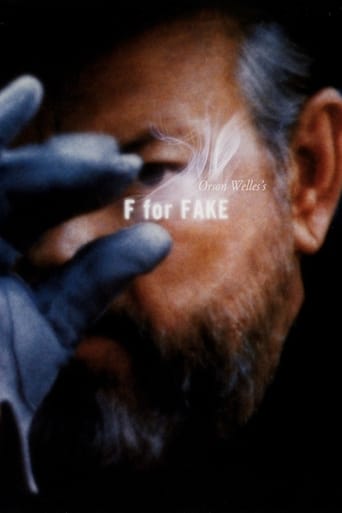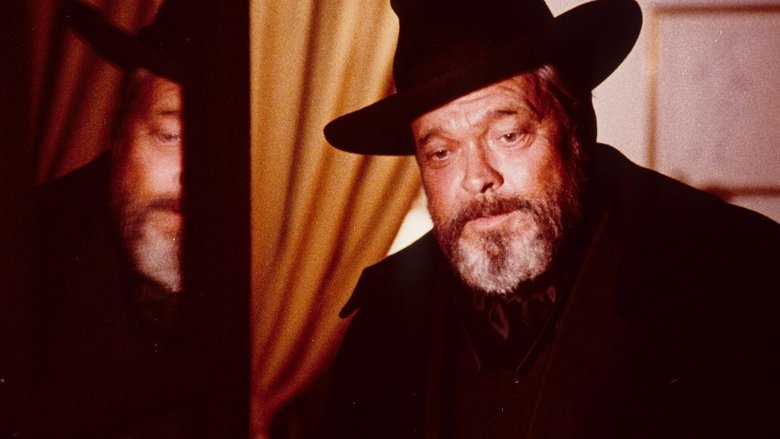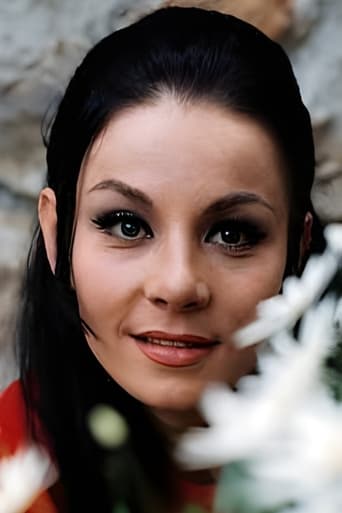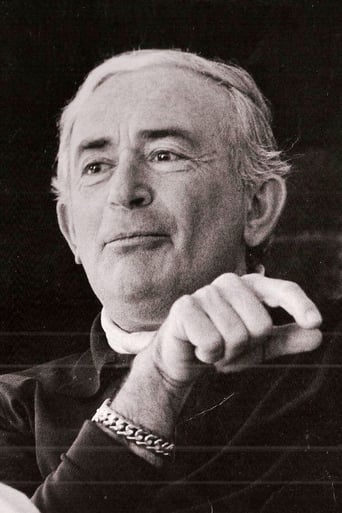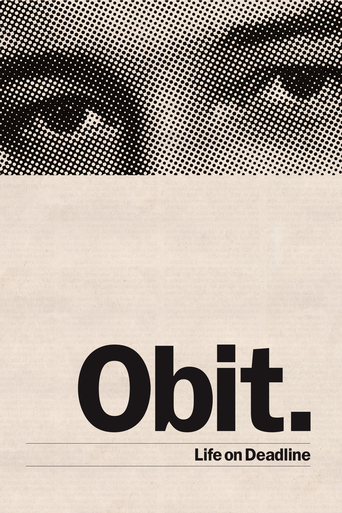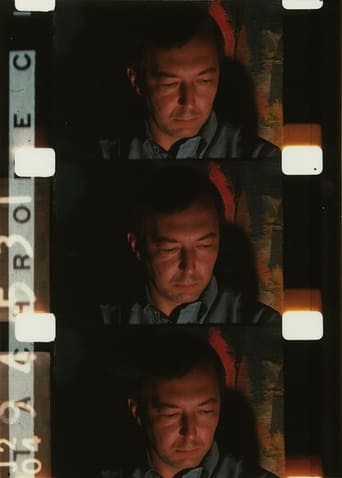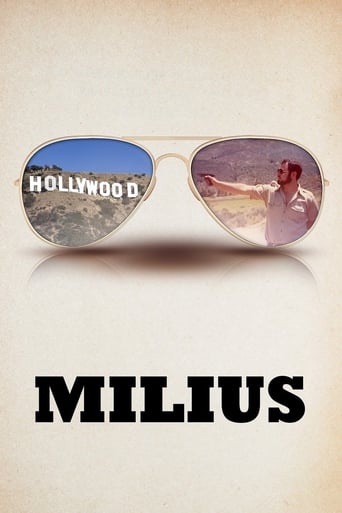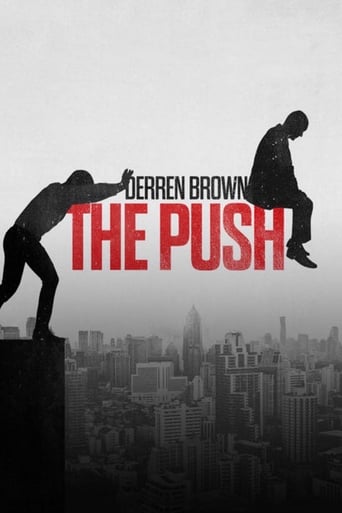F for Fake (1977)
Documents the lives of infamous fakers Elmyr de Hory and Clifford Irving. De Hory, who later committed suicide to avoid more prison time, made his name by selling forged works of art by painters like Picasso and Matisse. Irving was infamous for writing a fake autobiography of Howard Hughes. Welles moves between documentary and fiction as he examines the fundamental elements of fraud and the people who commit fraud at the expense of others.
Watch Trailer
Free Trial Channels
Cast


Similar titles
Reviews
Don't listen to the negative reviews
Instead, you get a movie that's enjoyable enough, but leaves you feeling like it could have been much, much more.
The best films of this genre always show a path and provide a takeaway for being a better person.
The movie's neither hopeful in contrived ways, nor hopeless in different contrived ways. Somehow it manages to be wonderful
Clifford Irving, the man who faked a Howard Hughes Biography, plays himself in this Orsen Welles phony documentary, about Howard Hughes. This fake documentary has a better reputation than Irving would get years later when he is involved in a movie about his fake bio of Hughes.There is something about the majesty of Welles voice that is like a fine wine that is uncorked at it's time. It lends a genuine feel into a fake F here. Welles experiments with the camera, and tells the story of a forger here.Lawrence Harvey appears as himself too. The Manchurian Candidate actor would die in less than a year after he appeared here. Welles would appear in a little known documentary later that year, Kelly Country with Sidney Nolan later that year. Welles would be very busy from here until his death later in the 1980's.Artists in simple greed is from artists pretty good or pretty bad says Welles in this film.
Orson Welles had a tough career. After his masterpiece, as if I need name it, was stiffed at the Oscars due to Hearst's pressure, and his follow-up, the Magnificent Ambersons, was mutilated by the studio. From there on in, his films were often either play-safes that brought nothing of great importance to the table (The Stranger) or never brought anything at all (the infamous Don Quixote project.) His career had unquestionably been knee-capped by the Hollywood system, but with a new film, he was confident that he could outwit them.He made a documentary film on a shoestring budget, but perhaps it's a stretch to call this a "documentary." It feels like some sort of grand experiment in pushing the boundaries of all genres. To be honest, it's practically impossible to even confine it to one genre. It discusses fictitious events in an honest mood, so it isn't really a documentary, but it explores real people and their lives. The Criterion describes it as "Virtual Reality," which is probably the definition we should choose.The film is primarily about the career of Elmyr, a Hungarian refugee who creates phony paintings by famous artists, before selling them off to dealers for tens of thousands. His biographer is just as duplicitous, best known for his yarn about writing a Howard Hughes autobiography with the man's help, which also fooled the experts, for whom Welles mocks the entire duration. Elmyr is breathtaking in the easiness of his misdeeds, effortlessly recreating Picasso in 10 seconds. But to describe this as a documentary about these two people is like describing Citizen Kane as a film about newspapers. Welles's barely concealed adoration of these two is the basis of an entire film which praises trickery and deceit, which he likens to the film industry in general.The film's bedrock is the sheer passion that Welles puts into the film, with a voice that always rings of a smile, and a pleasant ambiance that never let's up. His editing underscores that with his powerful cutting, and his own "biographical" insights. There's something incredibly comfortable simply in watching Welles sit at a chair in a film editing room, explaining Elmyr's life trickery. Soon, we realise that even he seems to love playing tricks on us, and we quickly realise that we have our own unreliable narrator, who seems to enjoy the topic of his film so much that he needs demonstrate it.One never knows where the truth begins, and lies end. Welles makes us realise the absurdity pervading art, where one man can decide whether a painting should be worth 10 thousand or 10 bucks, simply because it was done by another person. If they are both masterpieces, why should they be priced different? This is ultimately the reason Elmyr is doing his story in a jail cell, since no dealer would dare take the stand, and admit himself a fool. One can tell Welles is siding based on his own stand-off with the Establishment, and he can see a little of himself in Elmyr, who he jokes around with.Ultimately, the film leaves more questions than when we began. Distorted editing forms a false impression of scenes, fictitious stories are presented as fact, and the truth blends effortlessly with fraud. Yet we don't know the difference lest Welles reveal it to us, ultimately proving Tom Clancy's point that fiction has to make sense, and reality doesn't.
F for Fake (1973)** 1/2 (out of 4) Orson Welles' final major picture started off as a documentary on art forger Elmyr de Hory but when that project led to an interview with Clifford Irving, the man who wrote the fake Howard Hughes biography, the documentary took a new turn and decided to look at fakes all around. This really isn't your typical documentary and many critics of the film will say it makes very little sense and all in all is nothing more than an incoherent mess. I wouldn't go that far but I think F FOR FAKE is certainly more style than actual substance. I say that because Welles visual style here is something that you didn't see in documentaries at the time and I'd say that nothing that followed really looked the same. The documentary has an avant garde feel to it and most of them comes from the editing. The editing goes all over the place with all sorts of weird edits, different styles of cameras being used and the editing usually takes the story and tells it in a different time frame and I think this is where people get lost. The look of the film is certainly something impressive and you really can turn the volume down and be entertained just by the look that Welles made. However, this "style" is so good that it really takes away from the stories being told and I think it really kills most of the interest in the subjects. I think the way the story goes back and forth does make the film incoherent but this is also due to the fact that the material just isn't worth following. I think had Welles made a more traditional documentary then the story would have been more entertaining. As is, the story just gets lost in the style and in the end you really don't learn anything about either man. We even get a quick clip about The War of the World hoax that landed Welles not in jail but in Hollywood. What actually keeps the film entertaining is the performance of Welles being himself and hosting. He comes off so good and charming that it at least keeps you awake even when the story itself goes under. F FOR FAKE is considered by some to be horrid while others see it as another Welles masterpiece. I'm in the middle thinking it shows some signs of greatness but in the end it's just too rough around the edges to really work.
that Welles said was that he's been in decline his whole career.There was an interesting story here. Unfortunately, Welles seemed completely incapable of telling it. Instead, he was trying to tell a bunch of different stories, about Elmyr, about Clifford Irving, about his pompous view of critics and experts, oh, yeah, and trying to jump start his current girlfriend's career by giving her unneeded screen time. (Oja, honey, when they told you to sleep with the director, they didn't mean one washed up like a whale on a beach!) Welles was probably trying to cash in with a bunch of footage of Clifford Irving as Irving was becoming a household name with his role in the faked auto-biography of Howard Hughes. Unfortunately, it means the subject of his film, Elmyr, didn't get the time he deserved and he was probably the more interesting story.The great tragedy of Orson Welles was that he peaked early, and then spent the rest of his career sputtering, finally doing wine commercials and awful documentaries...

